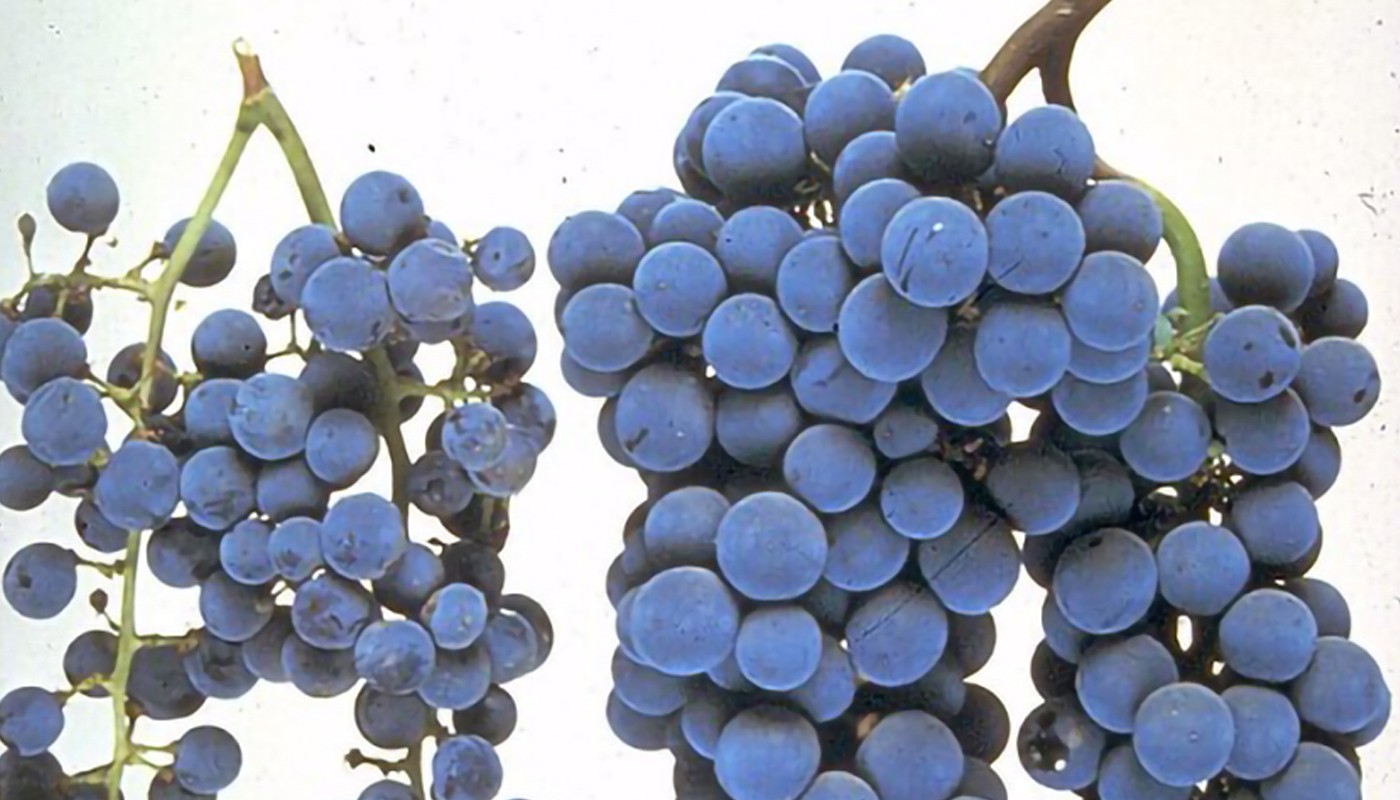Nematode resistant grape rootstocks – GRN 3
11 September 2020
Global plant genetics is excited to be bringing the phylloxera and nematode resistant grape rootstock GRN 3 to the European grape industry.
11 September 2020
Global plant genetics is excited to be bringing the phylloxera and nematode resistant grape rootstock GRN 3 to the European grape industry.

Bred by Professor Andrew Walker of the University of California Davis, this rootstock is the result of a breeding program designed to develop robust solutions for vineyards with high and diverse nematode populations where rotations and fallow are difficult. The program began in 1993 with 75 crosses giving 5000 initial seedlings for assessment. All were challenged in bioassay with a range of pathogenic nematode species both singly and in combination with each other and at high temperature where resistance often gets broken down.
GRN 3 is among the first of the resulting selections to be brought to the European market. It has wide climatic adaptability and high level nematode and phylloxera resistance. It is a cross of (V. rufotomentosa x (Dog Ridge x Riparia Gloire)) and V. champinii c9038 and performs well in a wide range of climates. It’s a moderate vigour rootstock with a broad resistance profile covering root-knot, dagger, citrus and lesion nematodes as well as being fully phylloxera resistant.
Global Plant Genetics is working with leading nursery partners to bring GRN 3 to the European grape industry. Nematodes present an increasing challenge for European viticulture. Historically managed with chemical soil sterilants, these microscopic roundworms both directly and indirectly damage vines. Direct root feeding reduces the vines resilience and its ability to cope with other stresses and Dagger nematode, Xiphinema index, is the vector of Grape Fanleaf virus a disease which reduces grape quality and causes yield losses of up to 80%. The use of nematode resistant rootstocks forms a key element of sustainable grape cultivation. Jeff Wheeler, Novavine is clear that “... The only way to insure the long term health of a vineyard planted in nematode infested soils is to utilize rootstocks that have broad tolerance to nematodes. If one does not do this, in short time the vine roots will be heavily fed upon which will have a stressful cascade of negative effects on vine growth, thus making it more susceptible to a host of vine pathogens." Claire Donkin who is heading the development of these rootstocks is enthusiastic “We believe that with GRN 3 we will be bringing a valuable tool to the European grape industry, starting with a resistant rootstock gives growers a huge advantage in sustainability of production”
